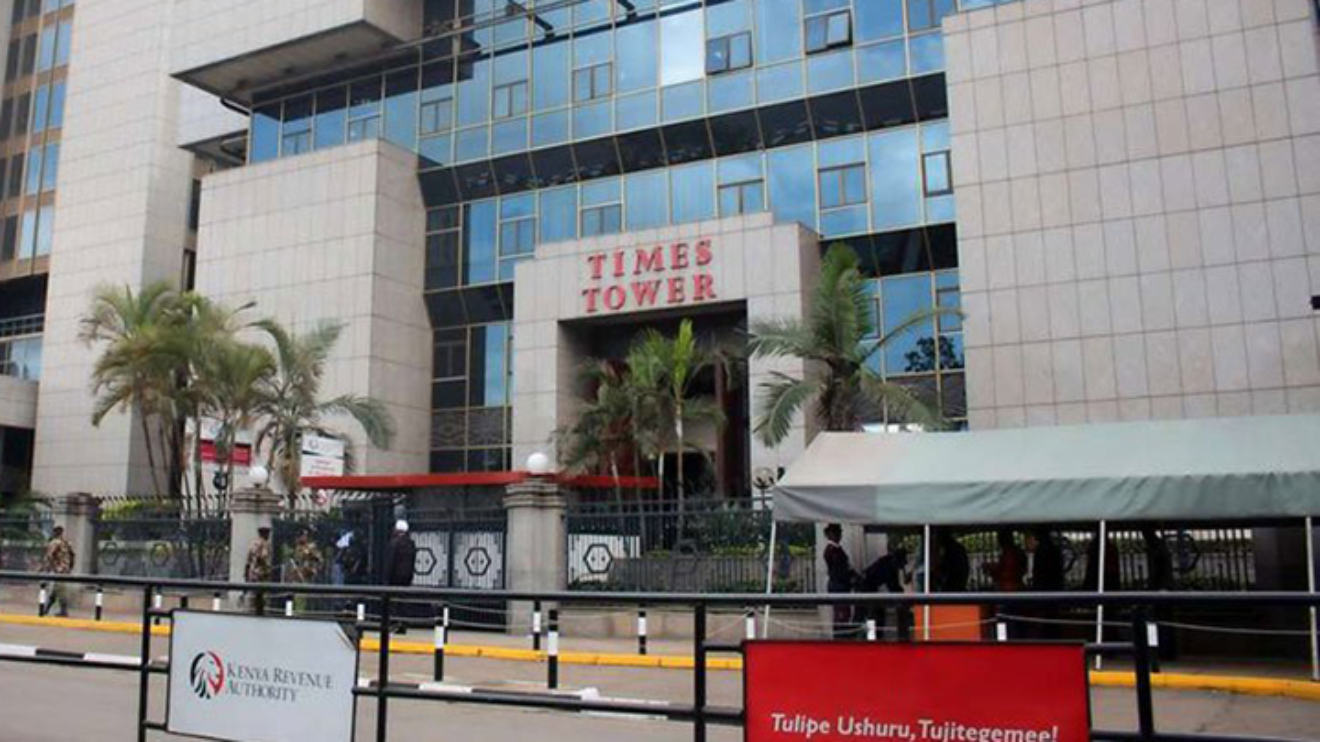In a move that has sent shockwaves through the workforce, the Kenya Revenue Authority (KRA) has announced a significant increase in the tax rate levied on employers offering fringe benefits to their employees.
Effective immediately, the fringe benefits tax will be raised to 11 per cent for the next three months until September, a second consecutive raise since the April-June period.
The adjustment comes as a response to the prevailing high market interest rates, which have put a strain on the nation's financial landscape.
The KRA clarified the rationale behind the decision, stating, "For the purposes of Section 12B of the Income Tax Act, the market interest rate is 11 per cent. This rate shall be applicable for the three months of July, August, and September 2023."
The fringe benefits tax is a levy imposed on employers who offer additional welfare benefits to their employees, their families, or other associates. Such benefits may include cheap loans provided alongside regular wages.
Read More
Elaborating on the implications of the tax increase, it was explained that taxable employment income in Kenya encompasses all payments made by an employer to an employee, including salaries, wages, bonuses, and fringe benefits received during employment.
For instance, when employers provide loans to their employees at interest rates lower than the market rate, they become subject to the fringe benefits tax.
The taxable value of this tax is calculated as the difference between the market interest rate and the actual interest paid on the loan.
The recent history of the fringe benefits tax reveals a series of adjustments by the KRA in response to changing market conditions. Initially retained at 9 per cent for the three months until March, the tax was raised to 10 per cent in the subsequent three-month period.
Prior to this, the tax rate was maintained at seven per cent throughout 2021, until it was raised to eight per cent for the three months until September of the same year. Further increases brought the tax to 9 per cent for the period of October to December 2022.
In addition to the fringe benefits tax, the KRA also raised the deemed interest rate to 11 per cent for the three months until September, requiring a withholding tax of 15 per cent to be deducted and paid to the authority by the 20th day of each month.
Prior to this, the deemed interest rate had been set at 10 per cent for the three months until June.
The rise in interest rates is not limited to taxation matters alone. The Central Bank of Kenya (CBK) raised its indicative rate to 10.5 per cent recently, the highest level seen since July 2016.
The Monetary Policy Committee (MPC) of the CBK made a surprising one percentage point increase in the Central Bank Rate (CBR) on June 27, resulting in the benchmark lending rate reaching an 82-month high.
This recent increase in interest rates has also been reflected in the cost of borrowing between commercial banks, hitting the highest mark in 55 months.
As the financial landscape continues to face challenges amid tightening cash supply, the impact of these soaring interest rates on borrowing costs by commercial banks is likely to be felt across various sectors of the economy.
With the new tax rates in effect, businesses and employees alike will have to adjust to the evolving financial landscape.
Employers offering fringe benefits will now have to grapple with higher tax implications, and employees may find themselves reevaluating the advantages of these benefits in light of the increased tax burden.
The repercussions of these changes are sure to be closely monitored in the coming months.











